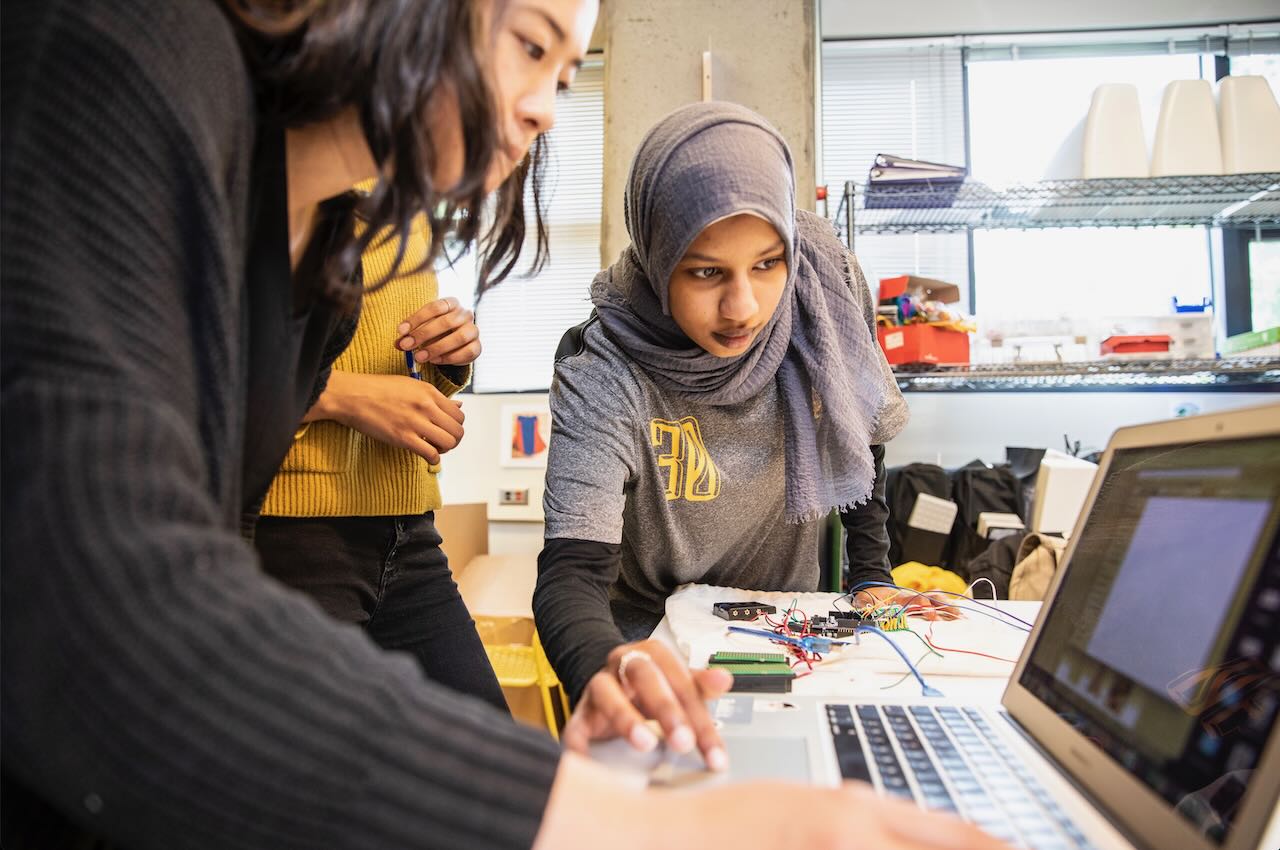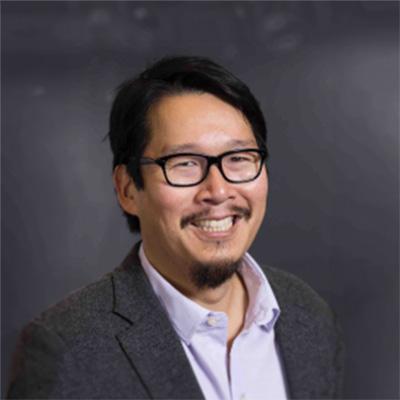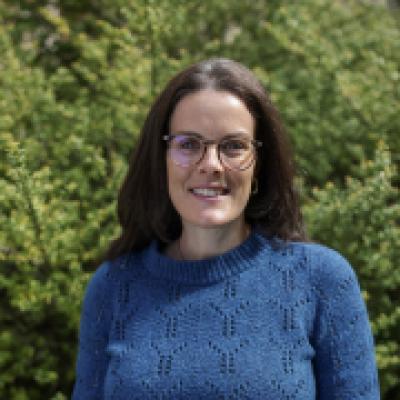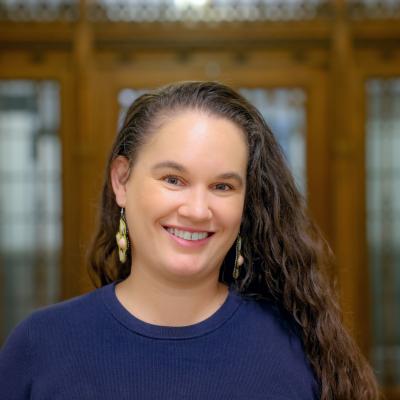
M.Ed. or Ph.D. in Learning Sciences & Human Development
Applications Are Open!
M.Ed. Deadline: January 2, 2026
Ph.D. Deadline: December 5, 2025
Applications for our 2026 cycle are now open. Start your application today!
What you can earn
Duration
Credits earned
Format
Time commitment
Upcoming deadline
M.Ed.Learn, Develop, and Thrive
The graduate programs in Learning Sciences & Human Development (LSHD) provides a strong curricular foundation in educational equity and justice, social and emotional learning, learning as a cultural process, and learning and development across settings—including families, schools, community groups, intergenerational relationships, etc.
We are an interdisciplinary group working at local, state, national, and international levels with a shared focus on equity. Our research approaches are diverse, from ethnography to design-based research to survey and experimental methods. Across this diversity, we are unified in our interest and commitment to how our work can improve learning and well being across communities.

Curriculum
Overview
Graduate programs in Learning Sciences & Human Development (LSHD) provide a strong curricular foundation in educational equity and justice, social and emotional learning, learning as a cultural process, and learning and development across settings–including families, schools, community groups, intergenerational relationships, etc.*
Master’s degree students additionally select a focal strand of study in one of four areas:
- 1) Early Childhood
- 2) Land and Water Education for Sovereign Futures
- 3) Learning, Technologies, Creativity, and Design
- 4) Learning, Power, and Social Transformation
Strands within the Master’s Program allow students to focus their degree into trajectories of expertise described below. The program comprises a sequence of courses and experiences designed to allow full-time students to graduate in two years, preparing students for potential trajectories in educational institutions, non-profit and community organizations, industry, or future academic study.
Ph.D students work closely with their advisors to create highly tailored programs of study that include intermediate and advanced coursework in LSHD as well as outside coursework to gain broader perspective and deeper insight into specialized topics. Doctoral graduates go on to pursue trajectories in research within academic and other organizations, leaders of organizations, or advanced practice in their domain of expertise.
*Courses in LSHD are offered under the EDPSY prefix.
Courses
- Master's degree coursework
The LSHD M.Ed. Course of Study details required and recommended courses and sequence. It includes two methods courses and the required core courses in Learning Sciences and Human Development:
- EDPSY 542A Proseminar in Learning Sciences & Human Development
- EDPSY 501 Human Learning and Educational Practice
- EDPSY 502 Developmental Foundations of Early Learning
- EDPSY 503 Culture, Learning and Development
- EDPSY 532 Adolescence and Youth
Additional coursework reflects four intellectual strands that students can choose from in order to guide their more focused scholarship:
- Early Childhood
- Land and Water-Based Education for Sovereign Futures
- Learning, Technologies, Creativity, and Design
- Learning, Power, and Social Transformation
- Ph.D. coursework
Ph.D. students in Learning Sciences and Human Development work closely with their advisors to create highly tailored programs of study that include intermediate and advanced coursework in LSHD as well as outside coursework to gain broader perspective and deeper insight into specialized topics.
Admission requirements and process
Materials
- Degree from an accredited institution
- A bachelor's degree is required for the Master of Education (M.Ed.) program and the doctoral program
- Your degree can be in-process at the time of your application but must be completed before the program starts.
- Unofficial transcript(s) with minimum 3.0 GPA
- You must submit an unofficial transcript(s) with your application. The UW Graduate School requires a cumulative GPA of 3.0, or 3.0 for your most recent 90 graded quarter credits (60 semester credits), however this is just one part of the application.
- Our programs review all applications holistically, so we encourage you to still apply. You do not need to take classes to increase your GPA. Instead, we would like for you to focus on a goal statement which discusses your interests and how the program will meet your professional or individual goals and strong letters of recommendation. You can also feel free to address why your GPA is lower than a cumulative 3.0.
- Three letters of recommendation for Doctoral, two letters for Masters
During the online application process, you will be given instructions for adding your recommenders and getting their letters submitted electronically.
- Resume/Vita
A current academic and professional resume or vita is required. A resume is intended to showcase your skills and experiences and to summarize the work you’ve done in your career. You should include educational degrees and professional experience, and it should also detail all relevant awards, publications, presentations or other achievements. Highlight relevant qualifications and skills that are directly connected to the program and degree to which you are applying.
Be sure to review your resume to show clear communication - free of errors - and attention to detail.
- Statement of Purpose
- Your statement should address goals, relevant experience, future plans and how the desired specific program meets your needs. Be sure to include personal experiences that have prepared you for the challenge of graduate school, here are some general questions to think about:
- Why this specific program? What do you want to do academically and professionally? What specific issues or concepts in the field are you interested in exploring and in what ways do you want to work through these issues?
- Describe how your interest in the field developed and how you have engaged meaningfully in the field to explore your interests.
- Emphasize how specific learning and professional experiences have inspired and motivated your desire for continued education.
- Mention special skills you possess that will assist you in graduate studies such as technical skills, research methodologies, and unique experiences not elaborated in your resume.
- Highlight any experiences that demonstrate your initiative to develop ideas and solutions, the capacity to work through problems independently and collaboratively, and the determination to reach your goals.
- Master’s degree statements are generally 1-2 pages. Doctoral statements are generally 3-5 pages. Both should be double-spaced. Some programs may also have specific questions and prompts they would like you to address. We encourage you to review program pages to align your statement with the program/faculty match.
- Admissions committees use your statement of purpose, along with other evidence, to determine whether your goals are well-matched with our programs.
- Personal History Statement (Optional)
While optional, you can add to your application by submitting a personal history statement with each application. This statement should address your intellectual growth and development, inclusive of and beyond your academic goals. Speak to topics like:
- Educational, cultural and economic opportunities and disadvantages you've experienced
- Ways these experiences affected the development of your special interests, career plans and future goals.
Statements should be no longer than two pages long. And while there are no standard formatting requirements, we encourage double-spaced text with a legible font.
- Writing sample (Doctoral only)
Doctoral candidates must submit one sample of scholarly writing. The Writing Sample is your best representation of graduate level writing. Typically, students will submit a research paper, article, or thesis from a previous program of study to represent their academic writing. Since these documents come in all sorts of formats, there is no standard guideline for submission, other than sticking within a suggested 10-12 page limit. Students are welcome to submit a portion of their document to fit within the suggested page limit.
If you do not have a writing sample some suggestions for a new writing sample might include a thesis abstract, peer-reviewed article written, research paper, literature review, a book review or report, etc.
Submitting
Program is open to all eligible persons regardless of race, sex or other identity.
- Gather all required documents
- Visit the Graduate School website
- Log into your account or create a new profile if you are a first-time applicant
- Complete all steps in application process and upload your documents
- Pay the nonrefundable $90 application fee
- You may request a fee waiver during the application process
- Submit your application
Next Steps
International
We value and welcome applications from all people, including international students! If you are applying from outside the United States, there are additional requirements and application materials.
- Prior degree requirements
- At minimum, you must have the equivalent of a U.S. bachelor's degree (a four-year degree from an institution of recognized standing)
- Evaluation of your degree will be based on:
- The national system of education in the foreign country
- The type of institution
- The field of study and level of studies completed
- Transcripts
- If a transcript is in English, you can upload the transcript in the online application.
- If the degree is on a separate certificate, you will need to upload this as well. An evaluation from a 3rd party is not needed for this.
- All transcripts and degree conferral documents that are in a language other than English must be accompanied by certified English translation and must be in the same format as the original(s).
- English language proficiency
Per UW Graduate School policy, you must submit a demonstration of English language proficiency if your native language is not English and you did not earn a degree in one of the following countries:
- United States
- United Kingdom
- Australia
- Bahamas
- Canada
- Ireland
- Jamaica
- New Zealand
- Singapore
- South Africa
- Trinidad and Tobago
The following tests are accepted if the test was taken fewer than two years ago:
- TOEFL
- Minimum score: 80
- Recommended score: 92+
- The UW's 4-digit code is 4854
- IELTS
- You must request from the center where you took the test that your scores be sent electronically using the IELTS system (E-TRF) to the following address:
- University of Washington All Campuses, Organisation ID 365, Undergrad & Graduate Admis, Box 355850, Seattle, WA, 98105, United States of America
- Minimum score: 6.5
- Recommended score: 7.0+
- School information for submission:
University of Washington, All Campuses
Undergraduate & Graduate Admission
Box 355850
Seattle, WA 98195
- You must request from the center where you took the test that your scores be sent electronically using the IELTS system (E-TRF) to the following address:
- Duolingo
- Minimum score: 110
- Recommended score: 125+
- Follow the instructions on the Duolingo website to submit your scores
- Financial ability
If you apply and are offered admission to UW, you will need to submit a statement of financial ability.
Costs and funding
Estimated Costs
We are a tuition-based program. Estimated tuition rates are based on your residency:
- Washington state residents: $20,736 per year.
- Out-of-state students: $37,464 per year
Estimates are subject to change and may differ due to course load and summer quarter enrollment. Estimates include building fees, technology fees, U-Pass, etc. Additional program-specific fees are not included in this estimate.
View the UW tuition dashboard →
Visit the Office of Planning & Budgeting →
Funding & Scholarships
Federal financial aid is available for students. Visit the UW Financial Aid website for information and resources. The College of Education also provides scholarship and other funding opportunities.




















